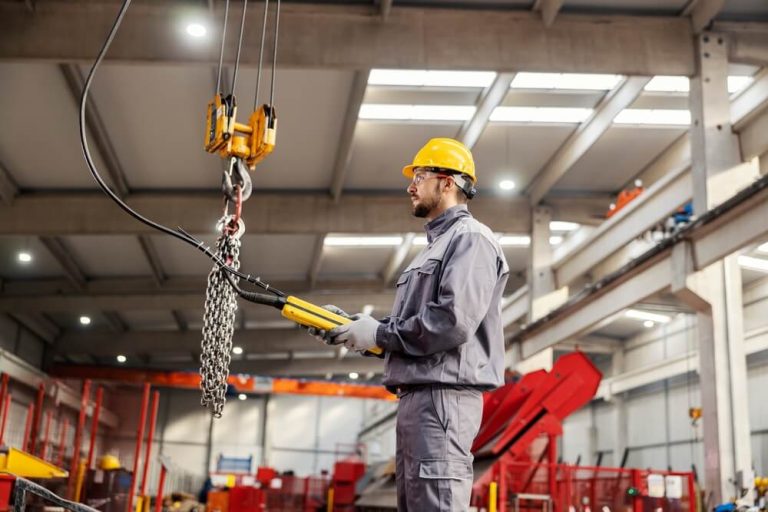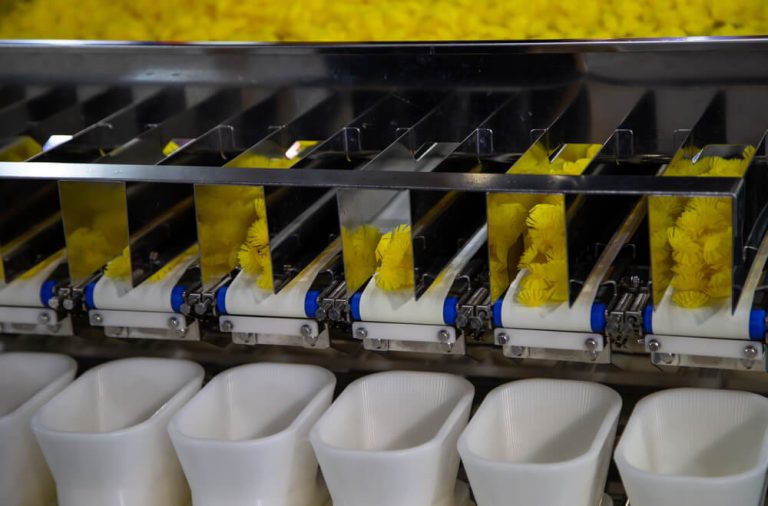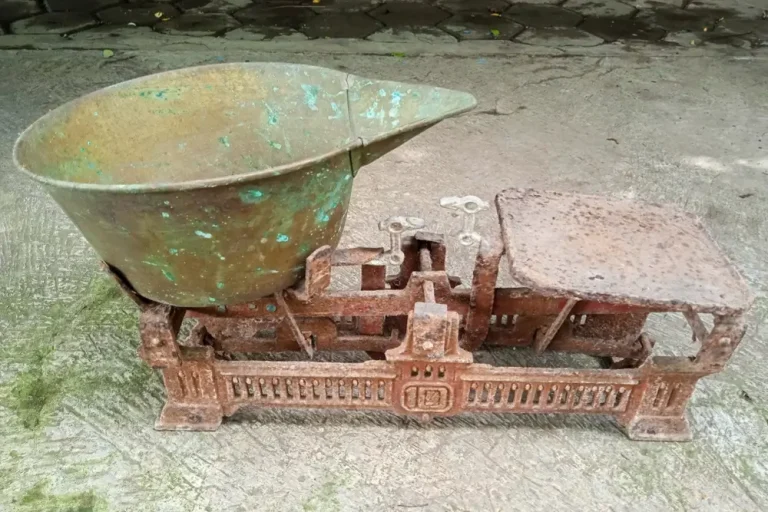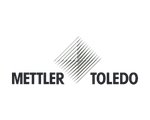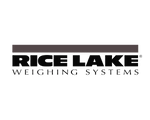If you’re running a business in industries like manufacturing, agriculture, and logistics, you should know that precision is crucial to your success. Aside from building a reputation, accuracy ensures that your raw materials, packaged goods, or bulk shipments are processed properly, significantly impacting your bottom line. Inaccurate weighing, whether through overages or underfilling, can lead to substantial financial losses, compliance fines, and dissatisfied end customers.
In this blog, we’ll discuss real-world examples to better demonstrate how the smallest errors can affect profitability. We’ll also talk about how investing in reliable industrial weighing equipment prevents these losses and safeguards your business’s financial health.
How Overages Make You Pay More Than You Need To
Overages happen when uncalibrated or malfunctioning weighing equipment actually leads to overfilling. It only seems like a minor issue, but if it happens often, the cumulative effect actually negatively impacts the bottom line. Here’s an example:
Imagine you’re in the food production industry. You pack granulated sugar in 1-kilogram bags. If there are inaccuracies in your weighing scales, you can be filling every single bag with 1.05 kilograms on a daily basis. If your facility is capable of packing 10,000 bags a day, that’s an extra 500 kilograms of sugar being given away for free every single day. On a grander scale, assuming you operate 250 days annually, that’s 125,000 kilograms of sugar —that’s lost revenue in the thousands.
Now, consider the cumulative effect this has on your other business or product lines. You won’t just be losing money; you’ll be putting unnecessary financial strain on your operations.
How Underfilling Leads to Fines, Compliance Issues, and Customer Dissatisfaction
On the flip side, underfilling can be just as costly—if not more so—than overfilling. Truth is, although it’s detrimental to your business, businesses and individuals can’t care less about getting more product than declared. But if it’s less, you’re bound to get some serious problems.
Let’s look at this example:
Suppose you’re in the pharmaceutical industry, where accuracy is critical because it directly impacts effectiveness. If your industrial weighing scales are underfilling medication bottles by just a few grams, you could violate strict industry regulations. Some industries may be more forgiving, but you will always be liable regardless of the circumstances. You can be fined (or worse, your operations shut down), and you can easily lose the trust of your customers. Nowadays, it only takes one social media post of inaccurate product weight to ruin your reputation. Multiple reports of underfilling instances can lead to costly product recalls, which can have a devastating impact on your profitability.
As mentioned earlier, underfilling doesn’t just impact regulated industries. In less stringent sectors like agriculture or construction, underfilled products can lead to customer dissatisfaction. Clients who consistently check and get fewer products than expected are likely to take their business elsewhere. This means using more resources to acquire new customers and to ensure proper scale calibration for all faulty weighing equipment.
This scenario highlights the crucial link between outdated weighing technology and the risks it poses to businesses. Inaccurate or poorly calibrated scales can exacerbate underfilling issues, leading to regulatory penalties, customer dissatisfaction, and damaged reputations. By upgrading to modern weighing solutions, businesses can ensure compliance, maintain customer trust, and safeguard their profitability against the risks associated with outdated equipment.
Industry-Specific Examples of Real-World Impact on Profitability
The mining industry is a highly profitable one. But watch how quickly your business crumbles due to inaccurate weighing. Here’s a scenario you can use. Imagine a mine that ships raw ore sold by weight. If the industrial weighing solutions being used are inaccurate by just 1%, this could result in significant financial losses.
To demonstrate, a company that ships 10,000 tonnes of ore a day but uses weighing scales that are inaccurate by 1% is actually losing 100 tonnes of product daily. Assuming that the market price is $200 per tonne, that’s $20,000 lost every single day—$5 million over a year. If a 1% error margin causes this much impact, imagine how a higher value can lead to devastating losses.
These problems are often overlooked because the numbers seem too low to cause an issue. But if you invest in reliable weighing equipment, you can put a stop to these losses for good. Additionally, by using accurate scales, you can focus on more important aspects of your operations and spend less time dealing with discrepancies and disputes.
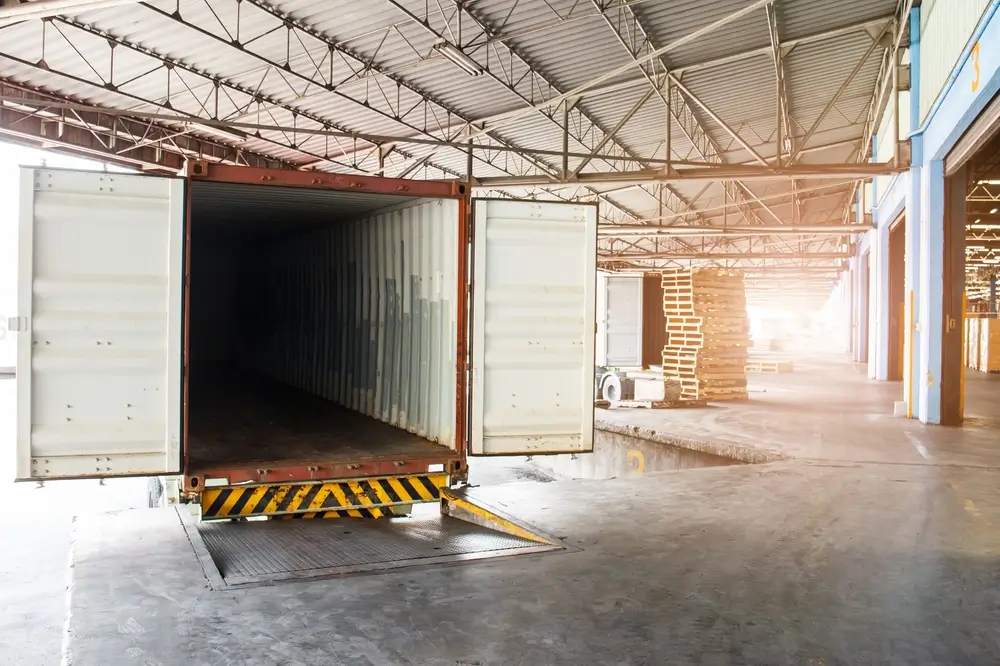
Protect Your Bottom Line with Hunter Weighing
Inaccurate weighing can have far-reaching financial implications for your business, from wasted materials and compliance fines to lost customers and reduced profitability. By understanding the hidden costs associated with overages and underfilling, you can make informed decisions about investing in accurate industrial weighing solutions.
Don’t let inaccurate weighing scales undermine your business’s success. With Hunter Weighing, you can ensure your weighing processes are precise and reliable. Our top-of-the-line industrial weighing solutions are designed to help you protect your bottom line, improve your operations, and build a more substantial, more profitable business. Trust our team to keep your business on track with accuracy and efficiency.



